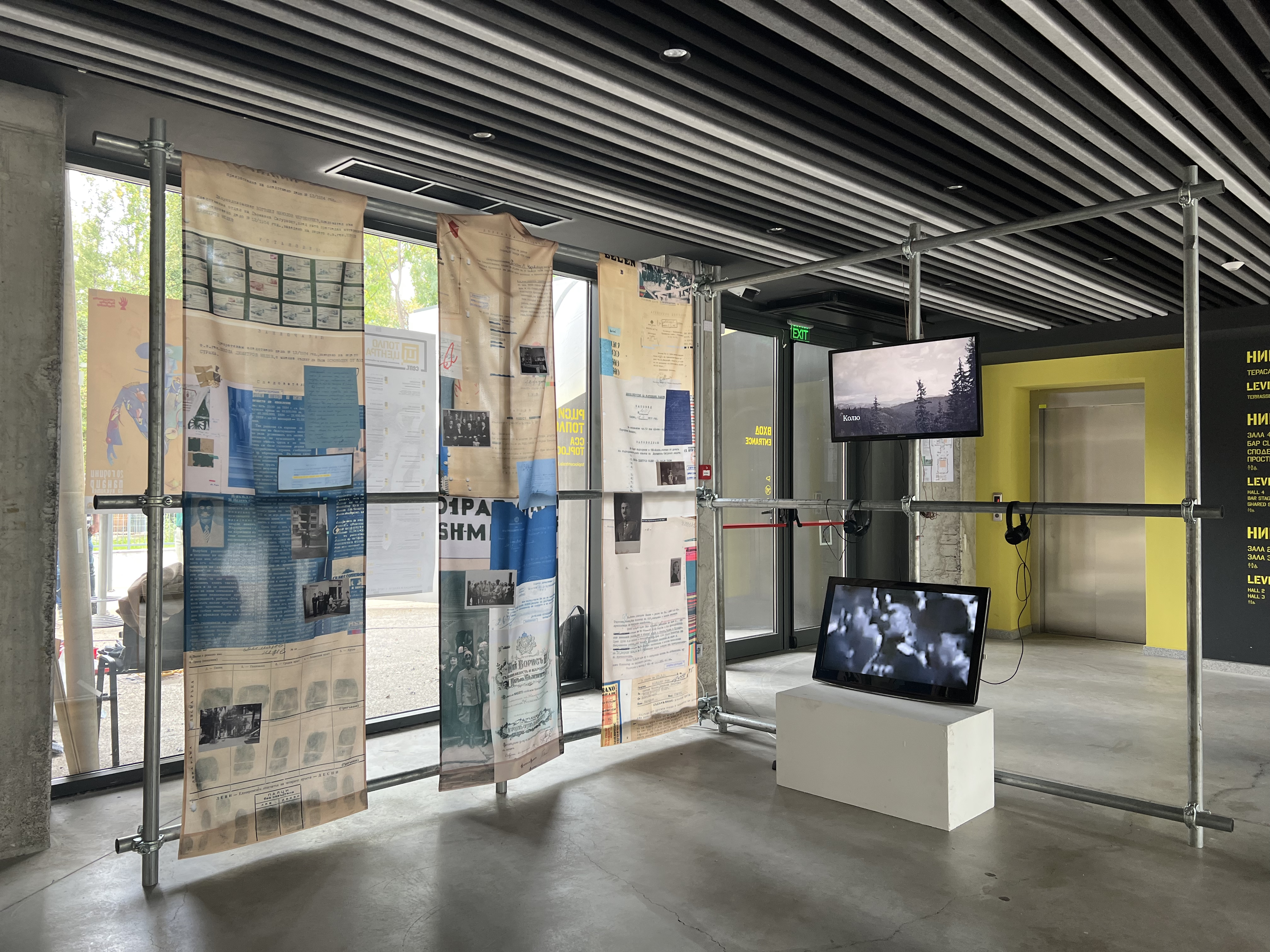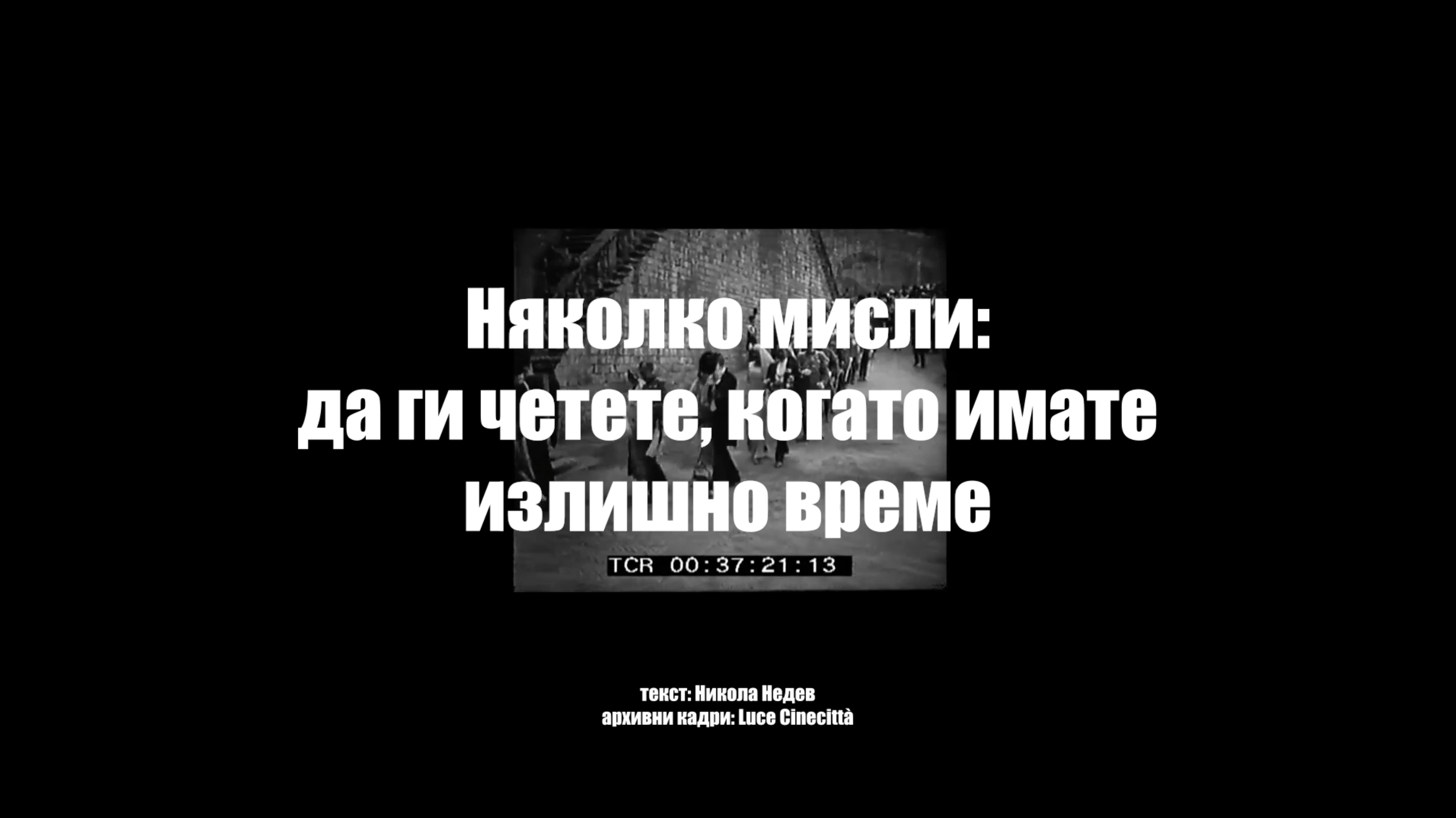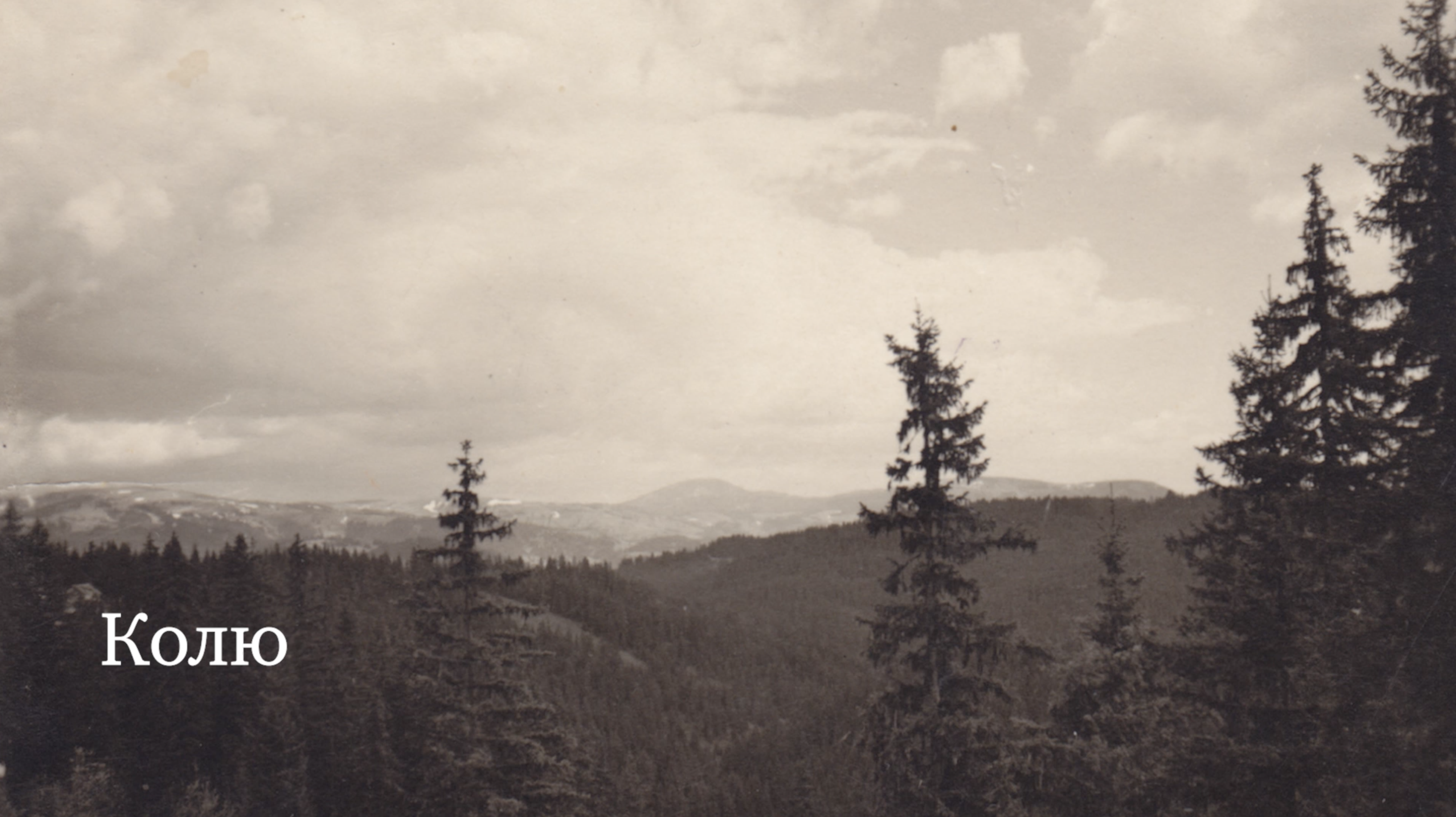Kolyo
Photographs, video, archival documents, written word, textile.
Exhibited at Past that has not passed festival, RCCA Toplocentrala, Sofia Bulgaria.






Kolyo analyses intergenerational memory, transgenerational trauma, and silence at times of loss under the communist dictatorship through the history of the artists’ great-great-grandfather, Nikola Nedev. The roles and readings of photography within the family album and the State Archive collide at the centre of this study.
Several generations preserve, analyse, regroup photographs as points of recall. After 9.9.1944, personal documents, photographs and portraits were stolen by agents of the Secret Police and partly classified in their archive as evidence of anti-communist activity. Torn from the home, the photographic image becomes an inherited memory of memory, whilst the state treats it as incriminating evidence.
The photograph has been blown up and carefully scrutinised - both in the failed interpretation of the moment of capture, as well as in its material existence as an object with a damaged surface. The artist seeks Nikola’s point of view about himself, his time, and the people and events he came across. His subjectivity never quite forms in its entirety and the retelling of collective memories assembles Nikola’s portrait only to a certain extent. His image - a repetitively examined artefact - fragments, weaves, and carries time and space, impression and reality, battle, and reconciliation.
Nikola Nedev (1886-1970) was a major general, politician, military historian, Minister of Interior affairs and Public Health between 1938 and 1940. He graduated from the Military School in Sofia and École de Guerre in Brussels, Belgium. He fought in the battle of Edirne during the Balkan Wars, in the First World War, in the emblematic victory of the Bulgarian army in the battles of Doiran as adjutant to General Vladimir Vazov. With the arrival of the communist regime, Nedev and his relatives were persecuted, tried by the People’s Court, imprisoned and interned in concentration camps, deported, subjected to nationalisation, as enemies to “the progressive socialist power.” Nedev was arrested on 16.07.1951 and interned without trial and verdict in the camp “Belene” until 20.03.1954.